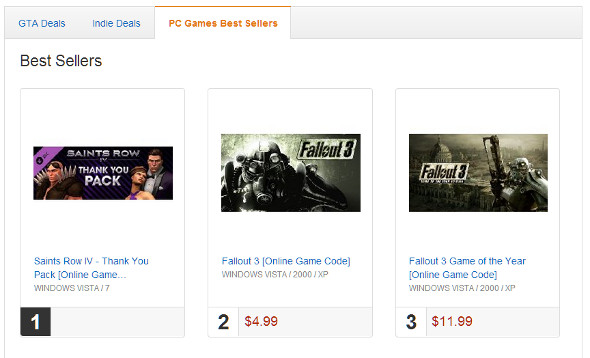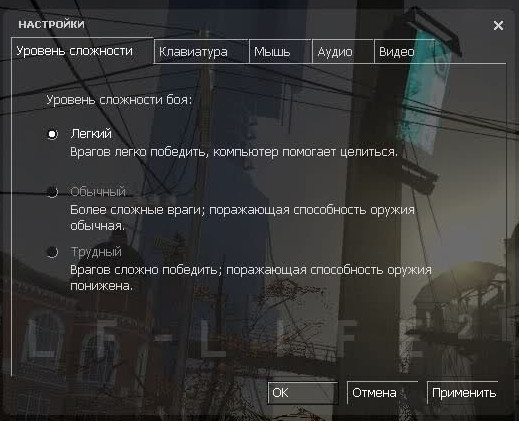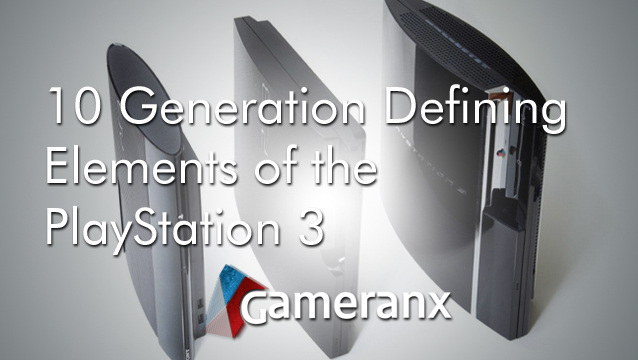

Every gamer wants a good deal, and the proliferation of digital sales has provided no end of options for frugal keyboard commandos. Besides the obvious options like Steam and Good Old Games, there’s a hoard of lesser known sites in various languages that provide sometimes absurd deals. The year’s best fighting game for $15 bucks? Crysis 3 for five dollars? A week-old racing game for half-off? All of this, and more, can be found with a simple Google search.
The deals are so amazing that they seem almost too good to be true – and, in some cases, they are. Here’s what you need to know before you buy a game key from RandomBarginGameSite.com.
To understand why a site selling game keys might be suspicious you first need to know what a game key is. Now, I know what you’re thinking. “It’s a key for a game, stupid!” But there’s more to it than that.
A game key is nothing more than a code that can unlock a specific version of a game through an appropriate service. When you buy a game key you’re not buying the game so much as a promise that you’ll be able to register, download and play the game. That promise is only as credible as the retailer who sold it to you. If you buy it from Amazon, you’re probably okay. If you buy it from Bob’s Bargain Basement, well, maybe not so much.

By now, you probably see the issue. Purchasing a game key from a third-party does not create any obligation on the part of the game’s publisher and/or developer because you’re not buying the game, but instead a key. If you buy a key for Battlefield 4 from someone, and it does not work, Electronics Art is not obligated to give you a key that is valid. Your only recourse is to take up your issue with the retailer or dispute the charge on your card (if you paid with one).
Of course, retailer credibility is always an important part of an online purchase. You could get ripped off by a retailer of plush bunnies located halfway across the world just as easily as you could get screwed over by an online store selling game keys. But scam keys usually don’t just take your money and run. In most cases you will indeed receive a key, and it will work. But there may be a catch.

The most common gotcha is localization. Most publishers sell games at different prices in different regions. Savvy consumers might be tempted to get around this by going to foreign stores, so publishers often lock titles to specific regions. This means that you may not be able to activate a Russian key in North America or, if you can, you may only be able to play the Russian localized version. This isn’t a new trick; it was so common during 2007’s release of Valve’s The Orange Box that the company had to issue a public statement.
Another common trick is the use of stolen keys or illegally obtained keys. In some cases these are captured by some hack or breach of a publisher’s servers, but more often they happen because an illegitimate business is buying game keys with stolen cards, then re-posting the keys for sale online. When they are discovered to have been purchased with a stolen card, they’re usually deactivated, and you end up with nothing. This can even occur after you’ve registered the key and played the game, and if you’re using a service like Steam or Origin, your entire account may be suspended.
There’s no way to tell if a key is legitimate on its face. The vast majority of scams that revolve around keys are legitimate in the sense that they work, but they’re either stolen or for the wrong region. And you won’t see the key until after you purchase, anyway.

All you can do is restrict your purchases to websites that have a good reputation. Some sites, like Amazon.com, Steam or Green Man Gaming, have become relatively well-known, and regarded as credible sources. Other sites are less known, but that doesn’t mean they’re illegitimate.
If you’re unsure, I suggest searching or posting on a game deals website like Cheap Ass Gamer. You may be able to find information from others who purchased from the site previously. You can also check out sources like Google Shopping and Reseller Ratings, but you shouldn’t rely on these 100%. Scam sites often pop up, make a buck, then close down before anyone can catch what’s happening.
If you can’t find any information you should stay away until you can confirm it’s not a scam. Saving a few bucks is not worth the risk of getting your Steam or Origin account suspended.
Game keys can be a shady business. For every site that’s on the level, there’s another that’s not, and there’s also room for misunderstanding. Sometimes a deal on a perfectly legitimate site will be picked up by people who live in another country and fail to read the fine print. The buyers end up with the wrong version of the game, but the seller didn’t do anything wrong.
Ultimately, it’s common sense. Don’t let the excitement over a great deal blind you from potential problems and you’ll be fine.




 Best Minecraft Texture Packs of 2014: Mega List
Best Minecraft Texture Packs of 2014: Mega List 10 Generation Defining Elements of the PlayStation 3
10 Generation Defining Elements of the PlayStation 3 Vintage Beer Bottle Locations: Assassin's Creed Syndicate
Vintage Beer Bottle Locations: Assassin's Creed Syndicate Resistance 3 Trophy Guide
Resistance 3 Trophy Guide Prepare To Earn 93 Tech Certifications For Just $49
Prepare To Earn 93 Tech Certifications For Just $49